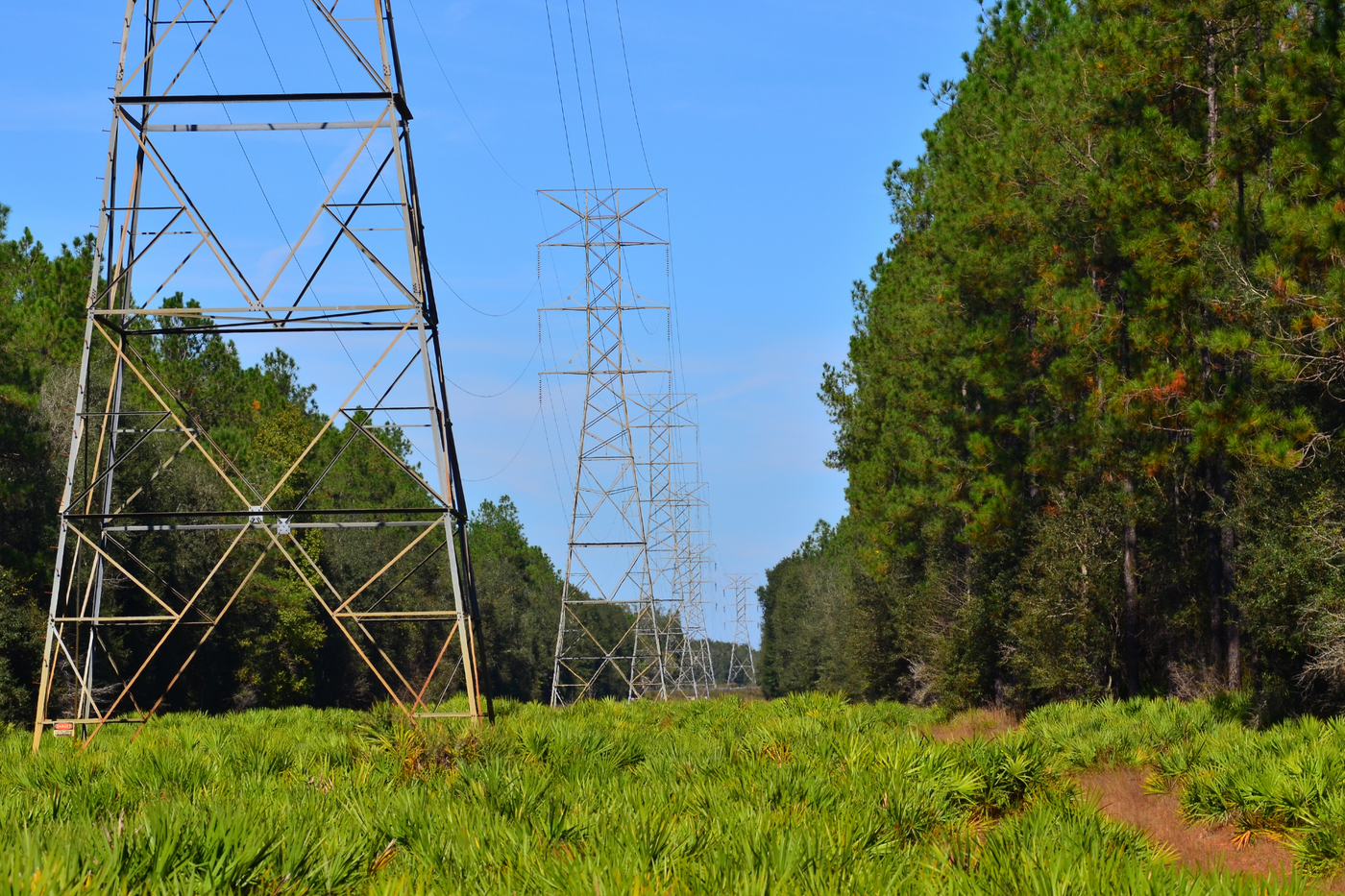You’re about to close on your dream home. Then you meet with the title company and learn that the title search discovered that the property is subject to an easement.
What is an easement?
An easement gives another party the right to access your property and to use it, or a part of it, in specified ways. An easement agreement between two parties outlines the specific use of the property, along with any applicable payment and termination information. These easements are usually transferred when the property is sold. Though they are not always common knowledge, easements are more common than some may think, and it’s important to be aware of what they are and how they work.
In essence, an easement is a grant of a nonpossessory property interest that gives the easement holder the right to use someone else’s land. This might be something like a utility company needing to come in and repair water or sewer lines or trim trees that impede power lines.
Sometimes, easements can be to the property owner’s benefit. Using the example above, you will want the local power company be able to access the power lines on your property to restore power in the event of an outage after a severe storm.
Are there different kinds of easements?
There are many different types, but these are a few common types of easements:
- Utility easements. These are created or facilitated by local law and give utility companies the right to enter on private property. These easements may be for power lines, cable or sewer systems. They are sometimes called affirmative easements because they allow something to happen by guaranteeing utility companies access for specific purposes. That said, sometimes utility companies can limit what you can do with your property, such as planting, adding fencing or installing personal equipment that can interfere with the utilities’ operation.
- Private easements. These can be created when property rights are sold (or given) in an agreement between two parties where one party grants the other the right to use a piece of their property. This may include an agreement between two neighbors for special access to a property for a specific purpose. Private easements can potentially affect future homeowners. If you are the purchaser, ensure the private easement is reviewed and the terms are understood.
- Easements by necessity. An easement by necessity comes about when one party is allowed to use another party’s property even though no formal easement agreement exists. Sometimes, these are access easements. For example, if the only way your landlocked neighbor can access a public road from their home is through your property, an easement granted by law to your neighbor is considered an easement by necessity.
Should I walk away from a property with an easement?
That answer depends on many factors. Existing easements may be good, bad, or neutral for the property owner. Some easements may have little or no impact on your use of the property, while others may restrict your use of the property.
Evaluating the elements of an easement with an experienced real estate professional is always best. Consider the type of easement, the purpose of the easement, and the location of the easement.
If you have questions about easements and whether one may affect your property, contact Attorney’s Title Group online or give us a call (501-734-2233).

